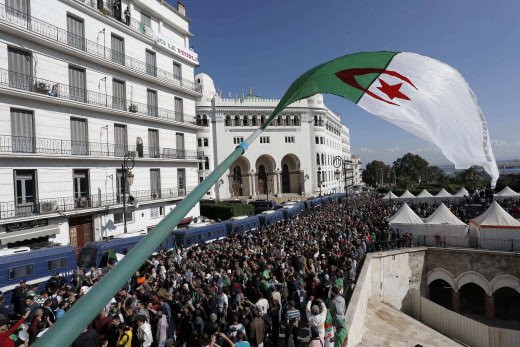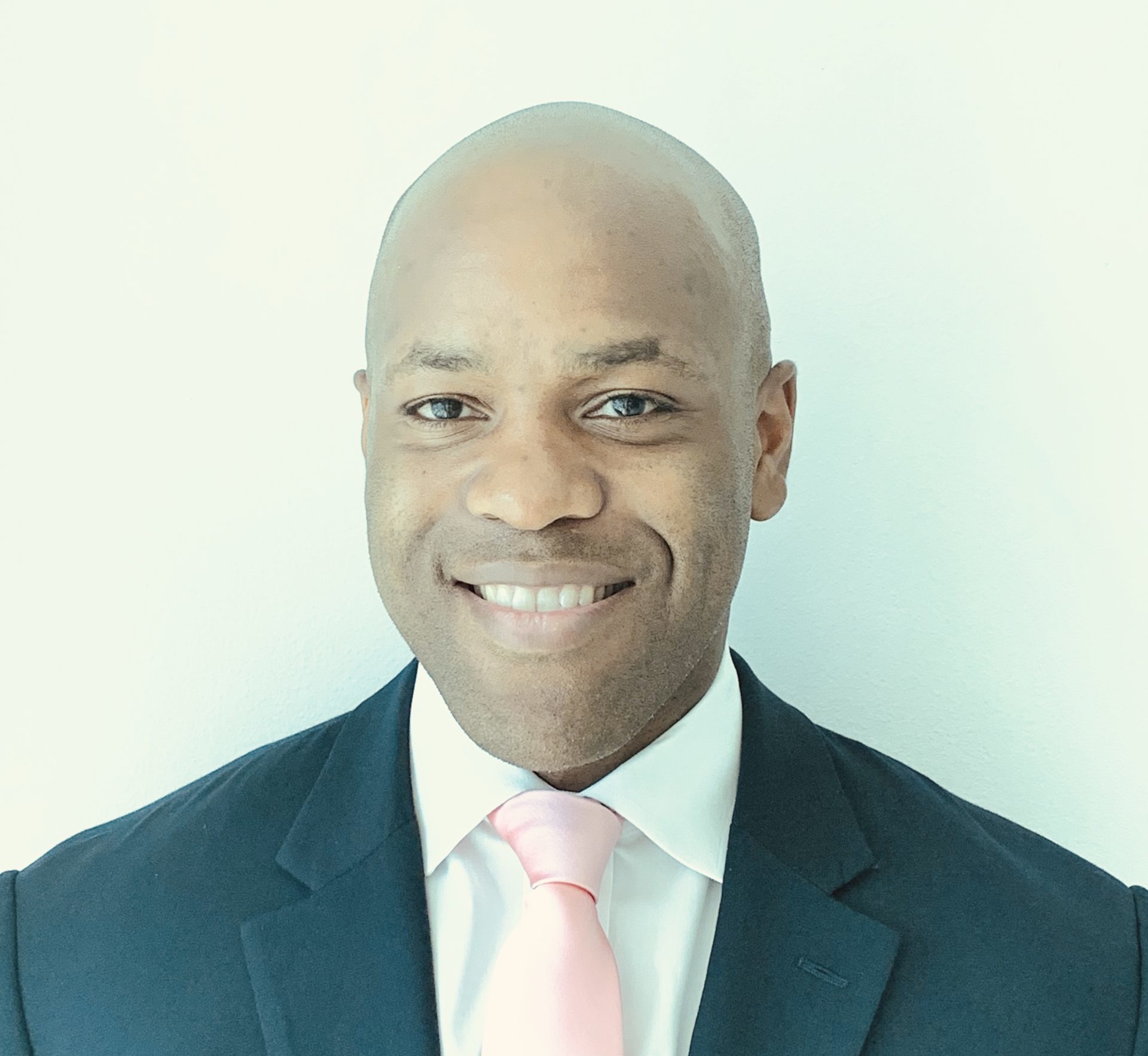
This originally appeared on TheAfricaReport.com
For those unfamiliar, Algeria is a country that flies largely under the radar.
Many in the US probably last remember the country’s name in the news during the Amenas hostage crisis in January 2013 when al-Qaeda linked terrorists affiliated with a brigade led by Mokhtar Belmokhtar took foreign hostages at the Tigantourine gas facility.
But that may all be about to change.
Economic Troubles
Oil and gas resources are abundant in the country but prices are hurting the economy.
- Revenues account for more than 95% of total exports and slightly above 60% of the Algerian budget
- The country requires, at least, $90-$100 per barrel to balance its budget
- Current offtake prices in the country hover around $60 per barrel
Growth accordingly looks to stagnate in 2020 for this state-controlled economy, and protesters are flooding the street demanding both a lack of jobs and political change.
Official data shows that 25% of the under-30 population is unemployed. And unofficial data suggests this number could be as high as 40% with this age group accounting for 70%-plus of the population.
Political and Bureaucratic Turmoil
The resignation of former president Abdelaziz Bouteflika in April has partially left the country in limbo. Interim President Abdelkader Bensalah previously flip-flopped on holding an election in 2019 but polls look set to open on the 12th of December with more than 20 candidates registered so far.
Although the registration of candidates was more successful than expected, there remains concerns that election officials are not prepared for a nationwide election.
Protestors on the street are calling for better election infrastructure and openness ahead of any poll. Some critics interpret this demand to simply mean the removal of military involvement in government (which is not likely to happen in the near term).
The political turmoil feeds into the economic challenges with many business leaders (due to their connections to Bouteflika) who unable to tap their usual networks for financing and contracts.
- New contracts with Sonatrach remain stalled with private companies quietly unsure about who is the decision maker on new foreign investment in the country.
- A law to reduce red tape on oil investment in the country and boost production sits on hold.
The reality of a strongman presidency (i.e., Abdelaziz Bouteflika) is stability and the reality of its absence is uncertainty, according to one investor.
Algeria unsurprisingly remains plagued by a history of weak governing institutions, which is the natural outcome of strongman rule.
- Business will continue to struggle in the absence of either strong institutions or a dictator.
How to go forward?
All policies and reforms appear on hold with no clarity on what policies may get over the hurdle and who will drive that process.
- Plans to reduce government spending through a reduction in the welfare state is surely on hold until protests calm down.
As result, trade deficits will rise as the government foots the bill for food, medical supplies and drugs, and other local necessities. The government is also footing the bill for housing for a significant portion of the country as well as free medical treatment.
Capital solutions?
In the midst of everything, Algerian Finance Minister Mohamed Loukal announced plans for the country to tap international debt markets for the first time in 15 years.
Minister Loukal emphasized that capital would only target strategic projects and would only commence in late 2020 or early 2021 when the country’s foreign reserves are expected to hit one of its lowest points in years.
The country has not taken foreign debt since it was banned in 2005 to underwrite the government’s focus on “financial sovereignty” and “economic nationalism”.
The circumstances of such a dramatic fiscal policy change is hard to ignore.
International debt markets tend to throw their weight around in domestic politics.
- First, how open is Algeria to foreign investment?
- Second, how open will Algerian companies be with their financial accounts?
- Third, what leader (or state institution) is ensuring the repayment of these debts?
It is not clear Algeria is prepared for the external influence and input that will come with participation in international capital markets.
Officials and protesters both may think foreign influence could help their case (albeit in different ways).
Yet the reality may simply be that the opening of Algeria may force negotiated solutions unexpected by both sides (such as a floated currency, less subsidies, social reforms, etc.) Especially if Algeria is forced to tap international capital markets.
Welcome back to international markets Algeria but be aware of what you wish for: populism and economic troubles plagues the rest of the world, too.
